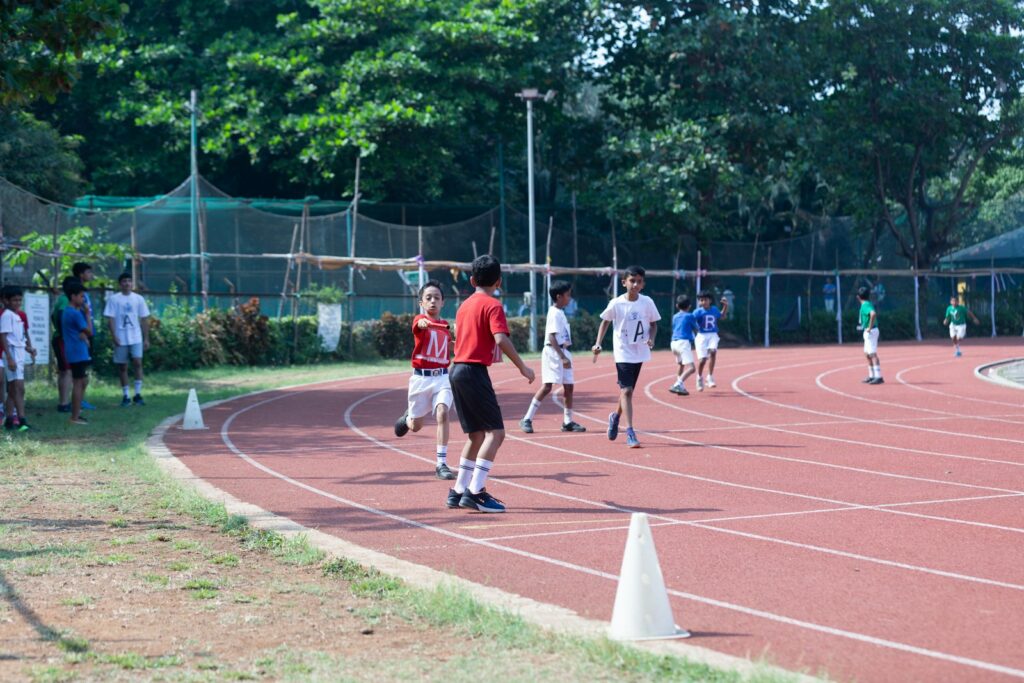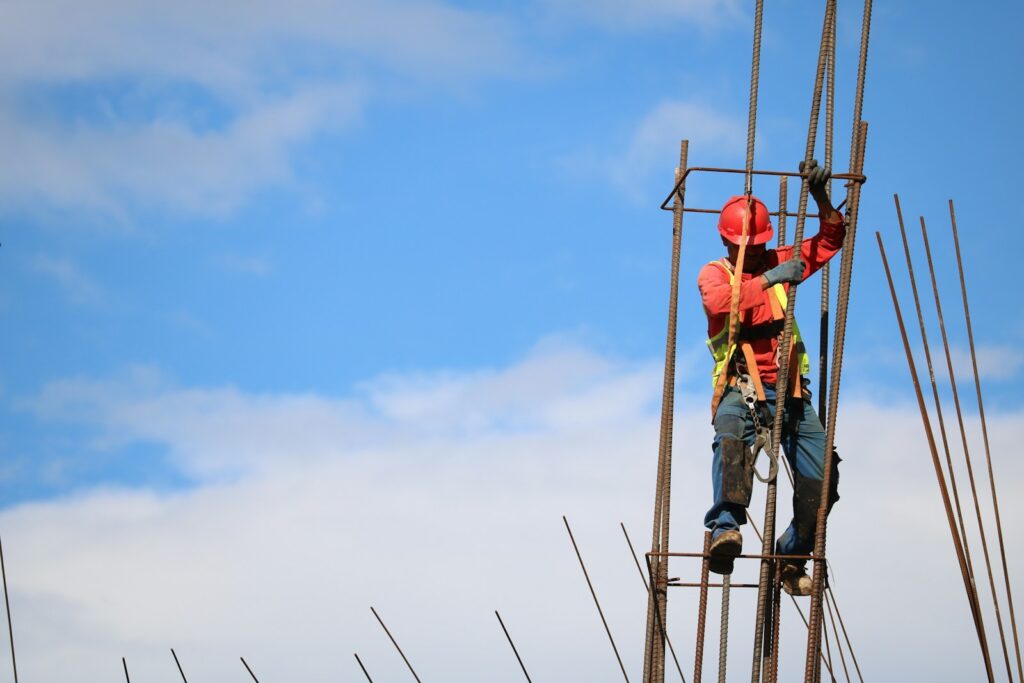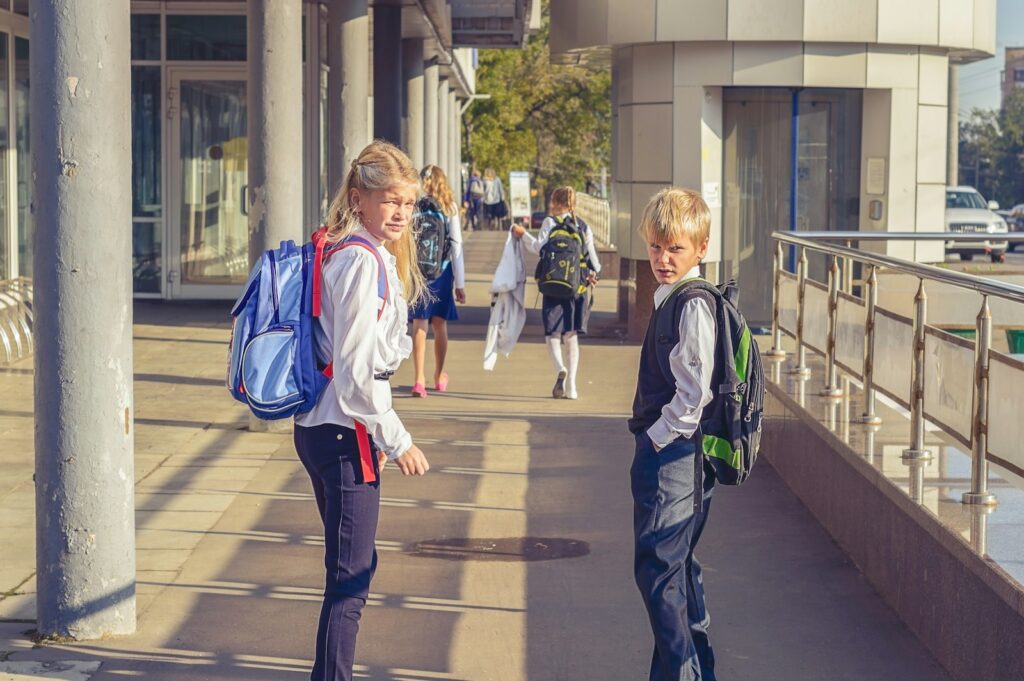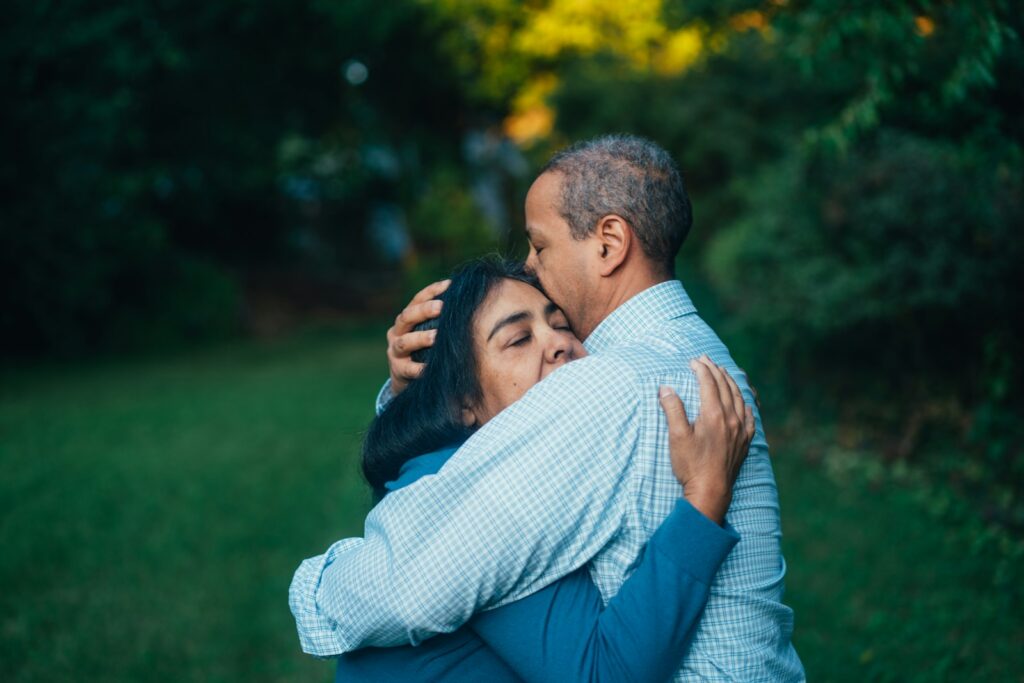Registered independent social worker, Mark Monaghan, shares his experience of supporting families during a pandemic.
As I write this, I reflect on the work that my colleagues and I have had to undertake in order to safeguard children and families during the pandemic.
Due to coronavirus, and the need for some people to self-isolate, I was forced to see children in a variety of different situations and locations.
I’ve been everywhere from remote McDonald’s car parks, where I was questioned by the police as to why I was standing around in a closed car park (without a car, as I don’t drive), to more desolate places to ensure that children were ‘seen’.
I’ve worked in several local authorities since the lockdown began, and each handle matters very differently.
The initial debate around whether we were allowed PPE or not went on for so long, we ended up buying our own to make sure we were as safe as possible. While risk assessments, that didn’t actually reduce the risk, were continually carried out – another paper exercise to deny culpability.
Many of us were left thinking; if our employers do not know or care, and our associations cannot answer our questions, where do we go for answers? The government? I hardly think so.
We quickly came to the realisation that we were on your own. So we got on with it.
We know that there are who are at risk children behind those doors that we cannot always get to. Their families are under ever-increasing pressure, their mental health is deteriorating and alcohol and drugs are ever-present.
The children are not being seen by our fellow agencies, which adds to our workload as agencies contact social care after hearing from concerned staff that children are missing school.
Does technology assist? In part. There has been an increase in online meetings and child protection being undertaken in the virtual world. But this is extremely stressful for those of us who are not IT geniuses. And even online meetings can guarantee that children will be seen at all, nevermind on their own. So further arrangements need to be to ensure they are visited.
Although I’m an experienced practitioner, I had never really reflected on how social workers and those more newly qualified managed their own emotional well-being until now.
There is often a ‘can do – must do’ attitude that promotes ‘just getting on with it’. Which is why the ability to have a coffee, chat about the work or get ideas on how best to move forward with a difficult matter is the lifeblood of social work.
Debbie Amas created a very welcoming online forum for virtual coffee mornings to allow us to check in with each other and ensure that we were okay. While LinkedIn and Twitter are great for general chat but, due to the nature of what we are dealing with, they are not the place to have more in-depth discussions, and rightly so.
While IT systems that you just don’t understand, no matter how helpful your colleagues are, add to your stress and make you feel ineffective.
Managers often assume that, as you’re working from home, you are going to be more readily available and therefore more productive. Social workers have always been scrutinised and rightly so. But scrutiny takes on a whole new meaning when you have to tell your manager, ‘sorry I have not done that yet’.
What of the children in all this? Most generic services are closed and the services we can access will have such a massive waiting list that it’s not clear when they can be provided. Delays in assessments, plans, court hearings, changes of social worker for various reasons, all bring their own challenges to the work.
Children are generally resilient, but they need our help. Coronavirus has not reduced any of the risks, in a lot of cases, it has increased them.
My professional experience suggests that, while some people are self-isolating, others may use this as an opportunity to reduce the contact between children and social workers.
Getting to the door was always the easy part, the challenge was getting in. I have seen children at the window happy smiling and clearly engaging as much as they can. I have also seen those that either show malaise or have difficulties that stop them from communicating directly.
So how do we move forward? with some due care, I would say. We need to stay extremely sharp on what we are being told. We need to ensure where possible that it is safe so that we see the children and be creative as to how we do this.
Coronavirus is not going away any time soon, whatever you may feel about it. It gives us a unique set of challenges that we need to meet. Not just because of our statutory responsibilities.
Optimism is a useful trait. But unlike Mr Micawber in Charles Dickens, I cannot be sure that something will just turn up. We need to keep trying because when I head home and try to sleep, I can still hear the children crying.
Photo Credit – Pixabay

















Leave a Reply